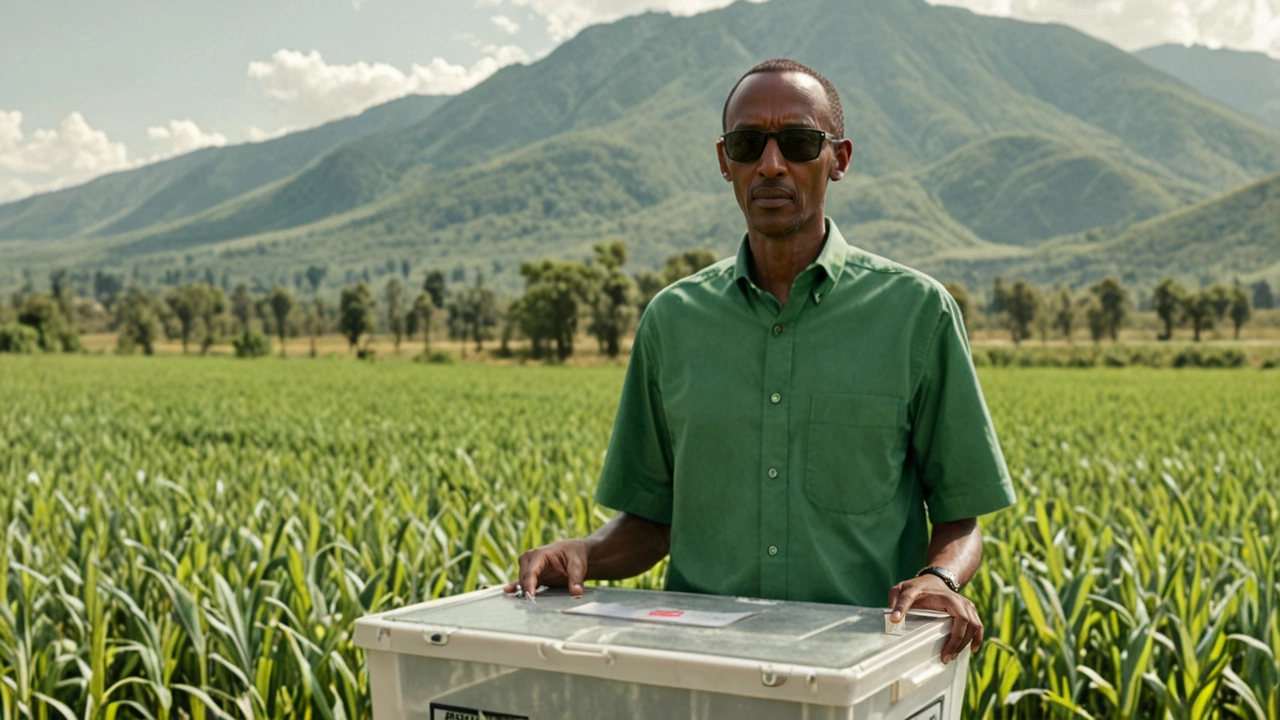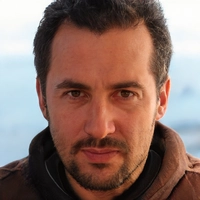Rwanda's political landscape finds itself at a significant juncture as President Paul Kagame inches closer to securing a fourth presidential term. With provisional results painting an overwhelmingly favorable picture for Kagame, the seasoned leader appears set to continue his decades-long command over the nation.
The National Electoral Commission has released early results, which indicate that President Kagame has garnered more than 99 percent of the vote. This data, derived from counting 79 percent of the ballots, leaves little room for doubt about the eventual outcome. The electoral process saw Kagame pitted against two challengers—Frank Habineza from the Democratic Green Party of Rwanda and the independent candidate Philippe Mpayimana. However, the competition was lackluster, with Habineza securing only 0.53 percent and Mpayimana an even smaller 0.32 percent of the vote. The official preliminary results are slated for release by July 20, with the final tally expected on July 27.
Paul Kagame's journey to sustained leadership is one marked by both admiration and controversy. Ascending to the presidency in 2000, Kagame has been Rwanda's de facto leader since the end of the 1994 genocide. His tenure has witnessed the nation's transformation from the brink of collapse to a beacon of relative stability and growth within the continent. Under Kagame's administration, Rwanda has realized economic growth rates of around 7.2 percent between 2012 and 2022, alongside impressive infrastructural achievements. These developments have cemented his popularity among many Rwandans, who view him as the architect of the country's rebirth.
However, Kagame's governance is not without its critics. His administration is often alleged to govern through a climate of fear, with dissenting voices suppressed and opposition figures marginalized. This criticism extends to accusations of Kagame's involvement in regional conflicts, particularly in the Democratic Republic of the Congo. These concerns, however, have not significantly dented his domestic support, which was evidenced in the 2015 referendum where Rwandans voted to lift the two-term presidential limit, effectively allowing Kagame the possibility to remain in power until 2034.
Kagame's leadership approach has been described as autocratic, yet it is undeniable that he maintains a robust support base. The government's focus on building and modernizing infrastructure, enhancing public services, and driving economic productivity has created tangible improvements in the quality of life for Rwandans. Projects such as the Kigali Convention Centre, the expansion of Rwanda's road network, and the development of high-tech sectors champion the vision of a self-reliant, progressive nation.
Internationally, Kagame's leadership style draws a complex portrait. On one hand, he is lauded for spearheading initiatives that have rejuvenated Rwanda's image, opening its doors to foreign investments and tourism. On the other hand, human rights organizations often criticize his administration's heavy-handed tactics in stifling political opposition and curbing free speech. Despite these critiques, Kagame's ability to sustain long-term socio-economic growth is seen by many as reflective of a successful governance model tailored for Rwanda's specific needs and historical context.
The electoral campaign leading up to the current situation was marred by the exclusion of several prominent critics from the race, having been disqualified by the courts. This narrow field of candidates stands in stark contrast to democratic ideals, raising questions about the true competitiveness of Rwanda's electoral process. However, the apparent absence of viable challengers has not diminished Kagame's palpable grip over the populace, with his victory all but assured by the provisional counts.
What the recent election conveys is a continuation of Kagame's deeply ingrained legacy in Rwandan society and governance. While the future holds uncertainties, particularly regarding political freedoms and regional stability, Kagame's immediate future seems unchanged as he readies himself to thank the people for entrusting him with another term. This gesture of gratitude resonates with many Rwandans who see in Kagame not just a leader, but the man who shepherded their nation from the brink of ruin to its current standing.
As the last ballots are counted and the final results confirmed, the world watches to see how Rwanda under Kagame's extended leadership will navigate its next chapter. Will the focus remain steadfast on economic development and infrastructural advancements, or will there be a shift towards addressing the criticisms that have long shadowed Kagame's administration? Whichever path Rwanda takes, it is clear that Kagame's influence in shaping the nation's trajectory remains as potent as ever.

